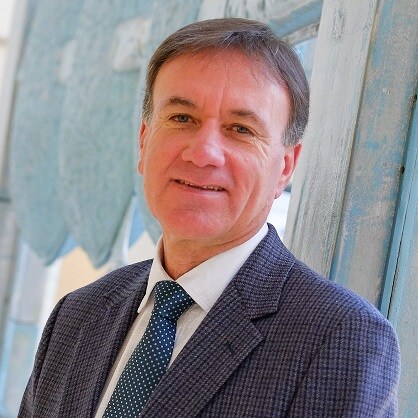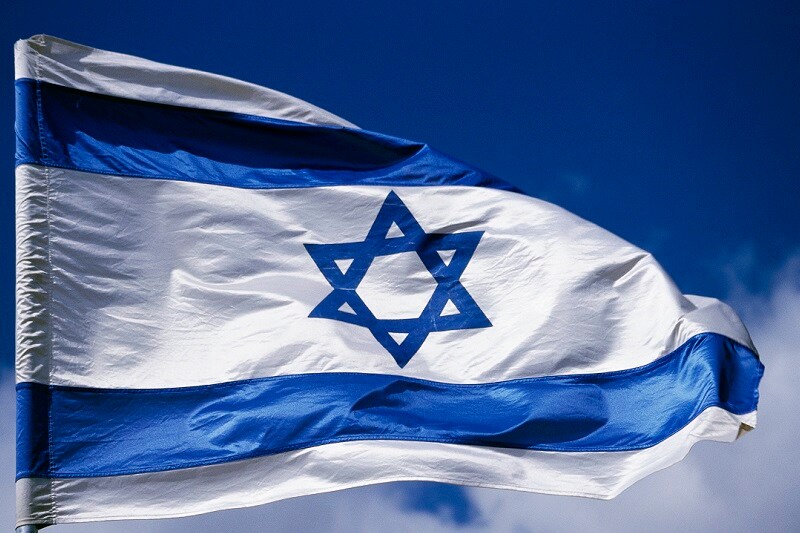For many countries, the majority of illicit cigarettes are manufactured abroad and imported without paying tax. South Africa does not suffer from this issue. Extensive collaboration between the private and public sectors has allowed the country to dramatically cut the smuggling of contraband and counterfeit cigarettes. The issue now comes from within their own borders where domestic manufacturers of illicit cigarettes act with impunity.
To find out more, STOP ILLEGAL spoke to Francois van der Merwe, Chairman of the Tobacco Institute of Southern Africa (TISA), a trade organization that represents tobacco farmers across the country.
STOP ILLEGAL: How big of an issue is the illicit tobacco industry in South Africa?
Francois van der Merwe: At the end of last year, the TISA Board decided to commission research from an independent and reputable research house, IPSOS.
The results were shocking by any country’s standards. The report found that more than a quarter of the cigarette market (26.8 percent) is illegal. And in informal trade, as we call it, more than a third of the market is illegal. This is especially important as 80 percent of all cigarettes sold in South Africa are sold outside of the formal market, in the smaller shops and kiosks, you find across the country. So, if we translate this into figures, every year 8 billion cigarettes will be sold below the expected tax rate. That is more than one million packs every day. And that translates into a loss of more than ZAR 7 billion (USD 490 million) in tax revenue, accounting for roughly 14 percent of the government’s budget deficit this year.
What makes all this worse is that 75 percent of these illicit cigarettes are produced by one manufacturer, a company that owns the second most popular brand in South Africa. While they blame this on counterfeiting occurring in neighboring countries like Lesotho, it is hard to believe that such factories could produce and smuggle eight billion cigarettes a year.
STOP ILLEGAL: Until a few years ago South Africa had a lot of success in beating illicit trade. Can you tell us more about this?
Francois van der Merwe: Ten or so years ago, the issue was with smugglers bringing illicit tobacco from Zimbabwe—often via neighboring countries to divert the attention of law enforcement. In 2010, 90 percent of all illicit products in South Africa were smuggled from Zimbabwe. And obviously, duty was not paid. This was massively damaging to legitimate tobacco growers in South Africa, but also to the government, who missed out on vast sums of tax revenue.
So TISA launched a collaborative force, bringing in the South African Revenue Service, the National Defense Force, the Police Services, and the National Prosecuting Authority to find a solution. A range of measures were taken but most importantly a lot of effort was also put in by the government to modernize the border control programs: how goods come in, and how illicit products are detected. By working together, we found huge success. We learned from this experience that when the private sector really partners with government, and you share information, expertise, knowledge, and resources, it is possible to curb illicit trade.
STOP ILLEGAL: But that success didn’t last…
Francois van der Merwe: Illicit traders are dynamic. They adapt very quickly, and as smuggling over the Zimbabwean border became more difficult for them, many simply shifted to manufacturing locally in South Africa. All these companies and their brands are now registered with the South African revenue authority but they still act with impunity. By using excise manipulation, they ensure that they do not pay tax on the vast majority of the cigarettes they produce. Typically, they pay some taxes on low volumes, and the rest will go out the back door, so to speak, and that makes it possible for them to flood the market with literally billions of cigarettes, on which taxes have not been paid. They are then placed on the market at a much lower price than legitimate cigarettes.
STOP ILLEGAL: What needs to be done to ensure that this problem is not allowed to continue?
Francois van der Merwe: Currently, we have a number of initiatives that we are proposing to various government bodies. Firstly, we are asking to put customs officials in all cigarette factories. This would at least put a signal out there that the government is serious about the issue.
We also would like to see much greater action taken to track the tobacco supply chain. There are four key inputs to make a cigarette: there's the tobacco leaf, the packaging, the reduced emission propensity paper, and the filter tote. All these elements can be monitored by the revenue authority because most of them are imported by these manufacturers. So, it should be easy to estimate the expected production from these factories. If they are importing eight billion more filters than their official cigarette production, then we can prove they are engaging in excise manipulation.
The final measure would be to criminalize the sale of cigarettes below the tax rates.
But frankly, what we need is the type of collaboration that we saw when stamping out tobacco smuggling from Zimbabwe. We have the information needed to start cracking down on the worst perpetrators of excise manipulation, what we need is cooperation between the public and private sector and all relevant law enforcement agencies, and the Revenue Service. These things take time, but we hope the battle against the domestic illicit tobacco market can start to gain momentum now that we know the scale of the issue.


-(1).png)


